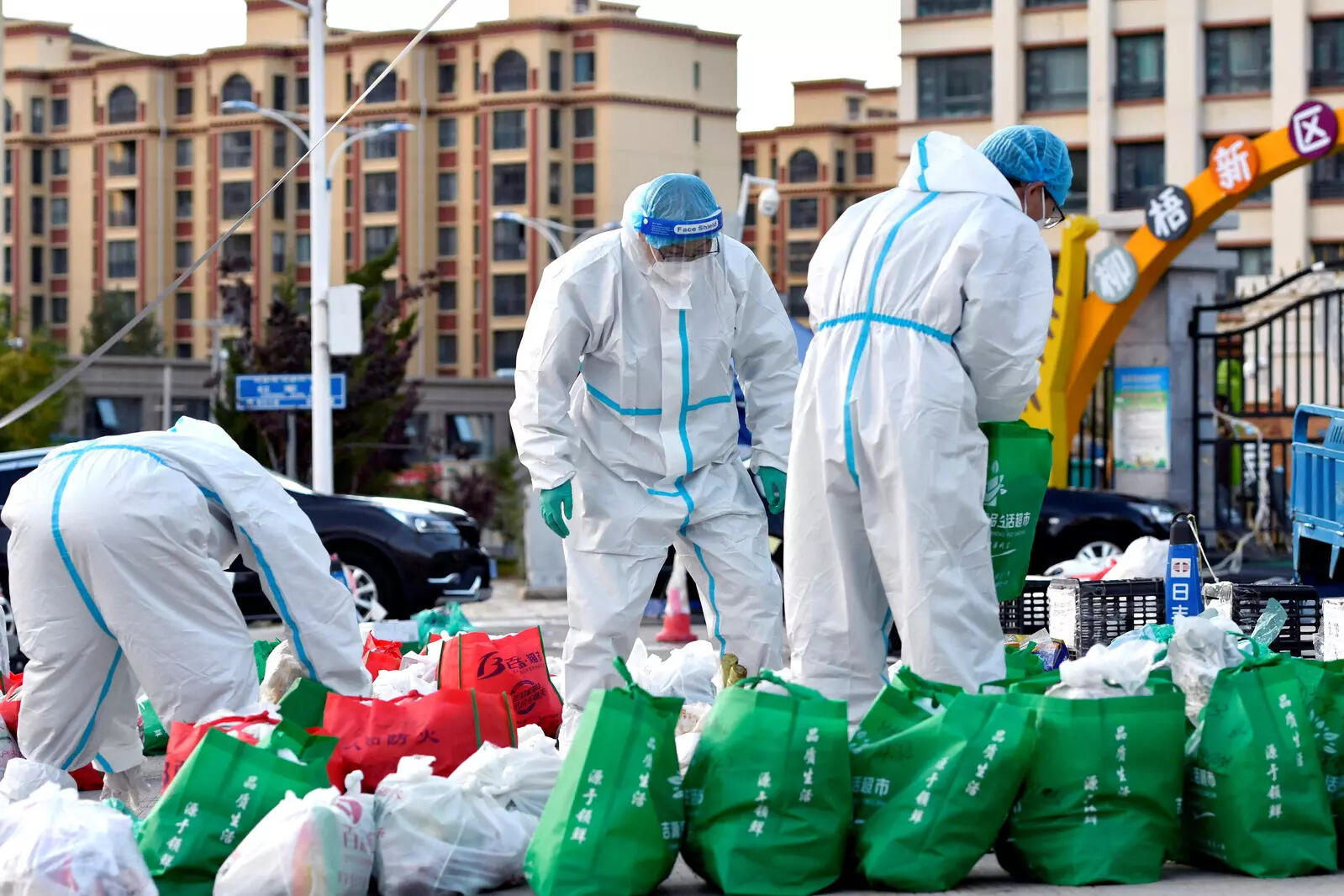- Industry
- 2 min read
As Australia calls end to COVID emergency response, doctors warn of risk to public
"We want a policy that promotes resilience and capacity-building and reduces a reliance on government intervention," Albanese told reporters after a meeting of the national cabinet.
The decision to let COVID-infected Australians decide whether they need to isolate or not removes one of the country's last remaining restrictions from the pandemic era, and comes about a month after the quarantine period was cut to five days from seven.
"We want a policy that promotes resilience and capacity-building and reduces a reliance on government intervention," Albanese told reporters after a meeting of the national cabinet.
The pandemic leave payments for casual workers will also stop when isolation rules end, as Albanese said "it isn't sustainable for government to pay people's wages forever."
A champion of COVID-suppression strategy, Australia shifted away from its fortress-style controls and began living with the virus from early this year through a staggered easing of curbs amid higher vaccination rates.
"The crucial point is that the emergency response phase is probably finished at this point in the pandemic," Chief Medical Officer Paul Kelly said. "This virus will be around for many years but it's time to consider ... different ways of dealing with it."
But Australian doctors warned that ending the mandatory quarantine rules puts the public at risk.
Professor Brendan Crabb, a microbiologist and chief executive of the Burnet Institute, told ABC: "It's disappointing, pretty dark day actually. You know, it's illogical and uninformed, for me I find it distressing."
Australian Medical Association President, Steve Robson, concurred.
"I think people who are pushing for the isolation periods to be cut are not scientifically literate," Robson told ABC television ahead of the government decision.
Australia, one of the most heavily vaccinated countries against COVID-19, has given two doses to 96.5% of those older than 16, although just under 72% have had the booster shot.
People admitted to hospitals from the virus and the number of infected have been trending lower after a major Omicron outbreak during the winter. The country's tally of about 10.2 million infections and 15,153 deaths is lower than many developed economies.
(Reporting by Renju Jose and Lewis Jackson; Editing by Jacqueline Wong & Shri Navaratnam)



COMMENTS
All Comments
By commenting, you agree to the Prohibited Content Policy
PostBy commenting, you agree to the Prohibited Content Policy
PostFind this Comment Offensive?
Choose your reason below and click on the submit button. This will alert our moderators to take actions